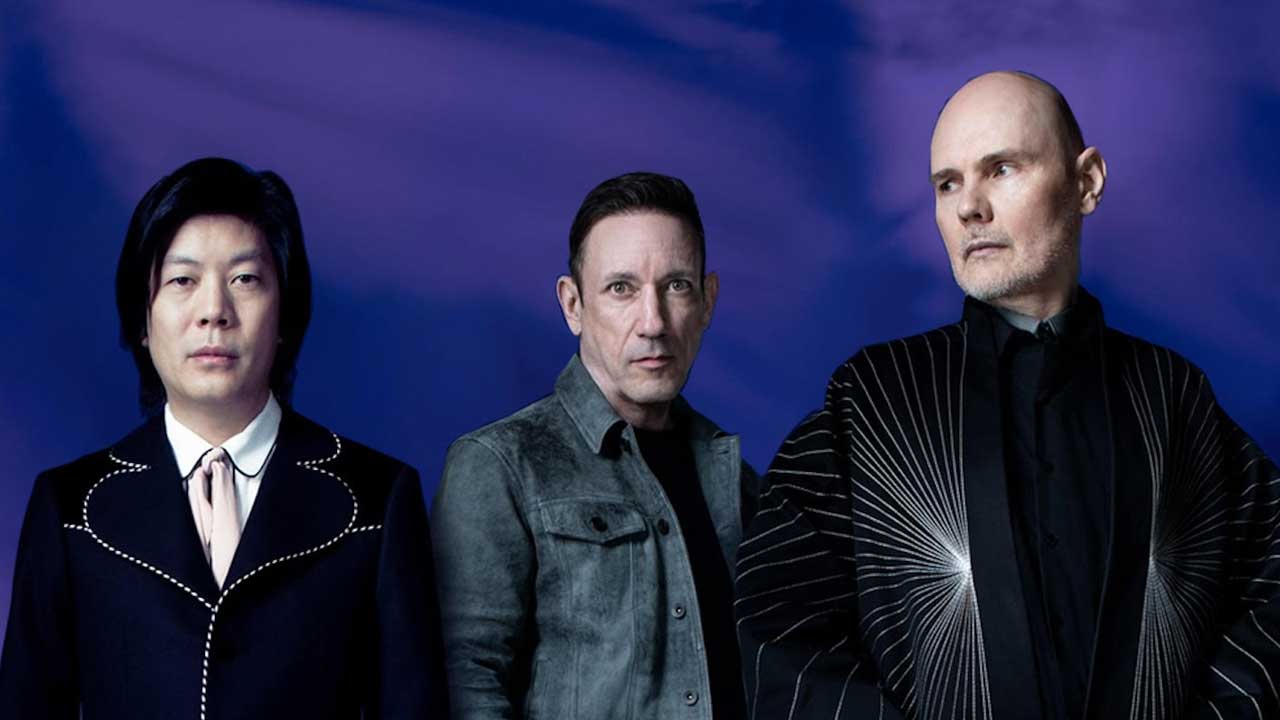
After three decades, The Smashing Pumpkins leader Billy Corgan still has a message for music fans who insist on labelling the four-piece a grunge band. On the band’s TikTok account, a post read: “A fact that people can’t accept? SP is not grünge, has never been grunge, not against grunge, but SP ain’t it.”
Forming in his native Chicago after a teenage stint in Florida with goth rockers The Marked and Deep Blue Dream (also featuring future Static-X frontman Wayne Static), Smashing Pumpkins were lumped in with the burgeoning grunge scene following the release of their 1991 debut album Gish. The artier cousins of their Seattle contemporaries, Corgan’s band – completed by bassist D’Arcy Wretzky, guitarist James Iha and drummer Jimmy Chamberlin – proudly wore many influences on their sleeve: goth, psychedelia, shoegaze, metal and, later, electronica.
Fronting a band dogged by rumours of in-fighting and drug addictions, Corgan earned the reputation of being a benevolent dictator – one who doesn’t mince his words, at that – after it emerged that he overdubbed the majority of Wretzky and Iha’s takes on Gish and breakthrough follow-up Siamese Dream.
“You know, I gave them a year and a half to prepare for this record,” Corgan told Spin in 1993. “I’m surrounded by these people who I care about very much, yet they continue to keep failing me.”
Producer Butch Vig later confirmed that the frontman re-recorded “ninety per cent” of the album himself.
Siamese Dream and the ambitious Mellon Collie And The Infinite Sadness made the band alt.rock superstars, but a string of unfortunate events – a drug overdose, death and divorce – shaped the electronica-influenced album Adore and marked a downturn in the band’s popularity.
While they would never again scale the heights of their mid-90s peak, Corgan – who was at one time the sole original member of the band before a partial reunion (minus Wretzky) in 2018 – has continued to evolve his music idea and band’s sound across 12 often disparate studio albums.
The Smashing Pumpkins discography is by turns sublime and challenging, but never, ever boring. And as one of rock’s more prolific songwriters, Corgan shows no sign of slowing down.

12. Zeitgeist (2007)
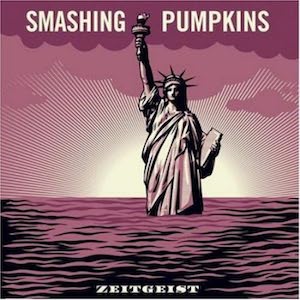
After his short-lived supergroup Zwan collapsed, Corgan reunited Smashing Pumpkins. Well, in name anyway; only Corgan and Chamberlin were involved in the making of their seventh studio album. With Terry Date and Roy Thomas Baker sharing production with the duo, the tracks on Zeitgeist certainly sound like the Smashing Pumpkins, albeit on autopilot.
There are some decent moments – single Doomsday Clock boasts a strong riff, while Tarantula has psychedelic touches that echo the bluster of the band’s earlier records – but taken overall it’s the one Smashing Pumpkins album you really don’t need in your collection.
11. Cyr (2020)
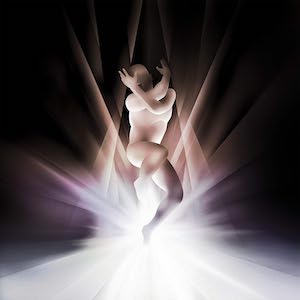
Where Shiny And Oh So Bright was something of a snack, Cyr offers repeated visits to the buffet table. With 20 songs and a running time of 72-minutes, this self-produced collection, Smashing Pumpkins’ eleventh full-length album, allowed Corgan to stretch out and explore new ground.
Working with Logic music software, he leans heavily on a synth-pop sound on the 80s-flavoured title track, Anno Satana, Ramona and the sinister pop of Wyttch. The lack of alt.rock riffs on the record will surprise – or alarm – the casual Pumpkins fan, but diehards have long accepted that Corgan is not the sort to dwell on one idea for too long.
10. Shiny And Oh So Bright, Vol.1 (2018)
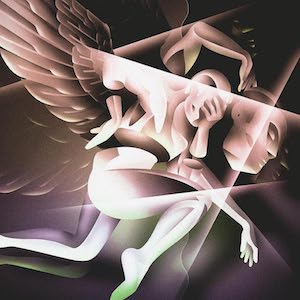
The songs on 2018 release Cyr – the band’s tenth full-length album – were originally intended to be released as two separate EPs. Produced by Rick Rubin – and the first Pumpkins album recorded with James Iha since 2000 – it certainly has its moments: first single Solara echoes the heavier moments on Siamese Dream, Knights Of Malta dips its toes into psychedelic gospel pop, and Silvery Sometimes (Ghosts) is classic Pumpkins.
But the album drags in places, too (hang your head in shame, Travels). The main criticism, however, is that at 31 minutes or so the album is frustratingly short.
9. Machina II/The Friends & Enemies Of Modern Music (2000)
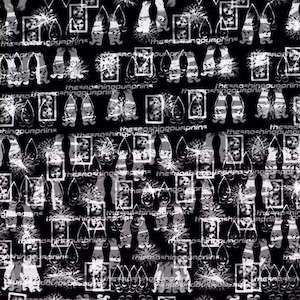
These songs – or at least the majority of them – were supposed to feature on the original Machina/The Machines Of God. In a deliciously petty move, Corgan had 25 copies pressed on vinyl and sent out, with instructions to distribute it for free on the internet.
The final album by the original/classic line-up, it kicks off with the brash, snotty one-two of Glass and Cash Car Star and the thunderous Dross. Elsewhere, the pace lessens on the chiming Let Me Give the World To You and the dreamlike fuzz-pop of Go. Machina II almost betters its predecessor. Almost.
8. Monuments To An Elegy (2014)
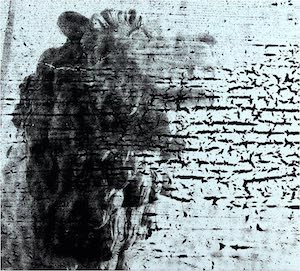
With a line-up featuring Corgan, guitarist Jeff Schroeder and - curveball! - Motley Crue drummer Tommy Lee (replaced by Rage Against The Machine's Brad Wilk for touring), Monuments is a surprisingly uplifting collection of lean pop-rock gems informed by a synth-rock bent. Album highlights include the guitar heavy single One And All (We Are), and the folky Drum + Fife; the latter was apparently given some post-production pep by Lee and reminded Corgan of “early U2 or Big Country”.
Clocking in a just 32 minutes, Smashing Pumpkins’ ninth studio album is one of their shorter offerings. In fact, its follow-up Shiny and Oh So Bright, Vol. 1 / LP: No Past. No Future. No Sun. is about 50 seconds shorter. Monuments To An Elegy was originally supposed to be part of the ambitious Teargarden by Kaleidyscope project until it was quietly shelved in favour of its constituent parts being released in regular album formats. In summary: short and very sweet.
7. Oceania (2012)
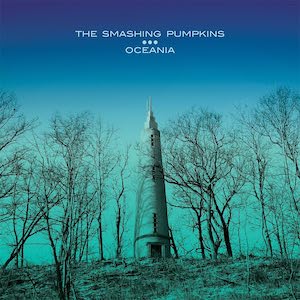
Described by Corgan as an “album within an album”, and using a sizeable chunk of the abandoned Teargarden project, Oceania is the only Pumpkins album with bassist Nicole Fiorentino and drummer Mike Byrne, and the second with guitarist Jeff Schroeder.
It’s a shame this line-up was fleeting, as there’s a familiar chemistry which recalls the energy that propelled Siamese Dream. Highlights include the heavy clatter of opening tracks Quasar and Panopticon, the dreamlike Pinwheels and the Queen-esque pageantry of The Chimera. After 2007’s disappointing Zeitgeist, Oceania was a return to form.
6. Atum: A Rock Opera in Three Acts (2023)
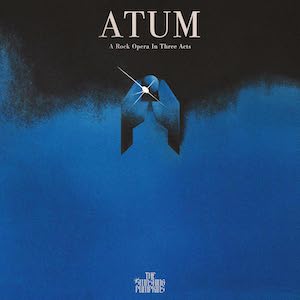
Originally released as three separate albums over a six-month period in order for fans to fully appreciate the scope of the project, Atum is the third in a trilogy of concept albums, following on from Mellon Collie and the Infinite Sadness and Machina/The Machine Of God. What did you think Billy Corgan was going to do during the pandemic? Sit on his hands and binge-watch Netflix?
A story set among the stars, Atum is meticulously crafted and draws on the diversity of styles which have informed their previous releases. There’s pop synth washes in Hooligan and The Culling, classic Pumpkins riffs in the likes of Beguiled and The Good in Goodbye, while the labyrinthine closing act has sublime moments that wouldn’t be out of place on a John Carpenter soundtrack.
The sheer size and scope of this ambitious release may make some recoil, but for Corgan fanatics, there’s a vast, multi-layered story to be explored within its 33 disparate tracks.
5. Machina/The Machines Of God (2000)
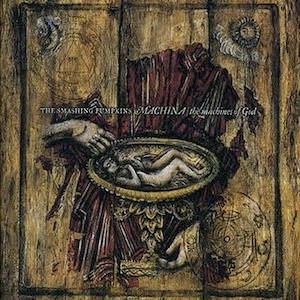
Machina was supposed to be Smashing Pumpkins’ final album. In fact, Corgan had envisioned a double album based on a convoluted story. Their label, burned by the lukewarm response to Adore, released a hefty 15-tracker instead. Reinstating Chamberlin proved to be an astute decision; his masterful drumming, missed on Adore, injected a powerful energy.
With songs pitched somewhere between Mellon Collie... and Adore, the album is one of light and shade. Snarling opener The Everlasting Gaze and the uplifting Stand Inside Your Love remain among SP's career highlights.
4. Adore (1998)
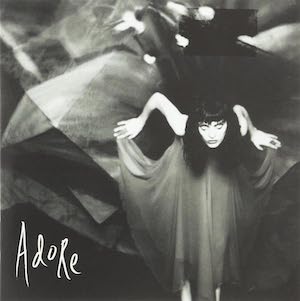
By the mid-90s, the Pumpkins were on a steep upward trajectory. But the following summer, Chamberlin and touring keyboard player Jonathan Melvoin both overdosed. While Chamberlin recovered, Melvoin was not as fortunate. Chamberlin was dismissed and the band remained a three-piece as they began work on Adore.
Corgan was consumed by grief after the loss of his mother and the end of his marriage, and Adore is an interesting meditation on loss. At turns glowering and sombre, tender and beautiful, it leans heavily into electronica territory and divided fans who were expecting a sequel to Mellon Collie.
3. Gish (1991)
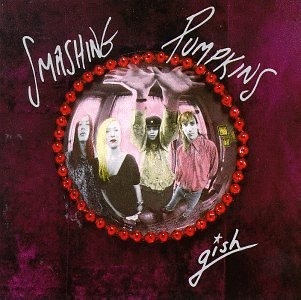
Gish was released just four months before Nirvana’s Nevermind detonated the musical landscape, and the Pumpkins were unfairly tagged as a grunge band. As evidenced on this, their debut album, they were much more than that.
Helped by Butch Vig’s pristine, punchy production, the band fused stadium-sized choruses, inward-facing shoe-gaze, Black Sabbath-sized riffs and psychedelic rock to create a mesmeric listening experience. The album boasts many standout moments – the swaggering Siva, the quiet-loud master class of Snail – that would inform followup Siamese Dream.
2. Mellon Collie And The Infinite Sadness (1995)
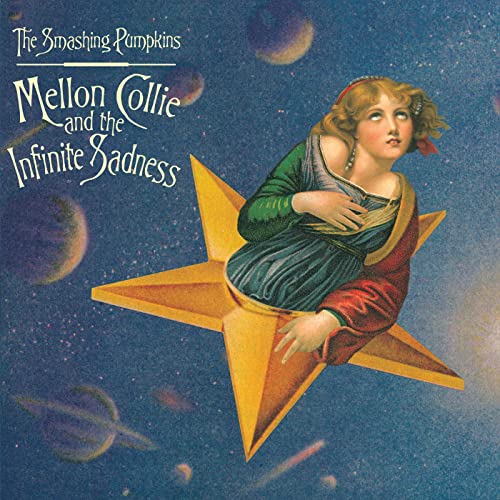
After the alt.rock excellence of Siamese Dream, Corgan’s writer’s block was a dot in the rear-view mirror. His next trick was to create something even more grandiose: a 28-track double album that runs the gamut of disparate styles and rarely buckles under the weight of its ambition.
With producers Flood and Alan Moulder and creative contributions – gasp – welcomed by their frontman, this album teems with perfection: Tonight, Tonight, Bullet With Butterfly Wings, 1979 and Zero at the very least deserve a place in any essential 90s alt.rock time capsule. A masterpiece, and yet not the band's finest hour...
1. Siamese Dream (1993)
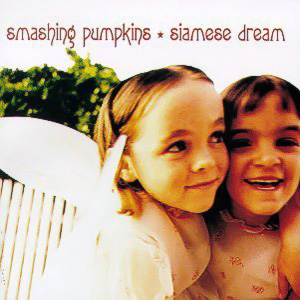
Smashing Pumpkins were in a mess when it came to recording their second album. Chamberlain was addicted to heroin, Wretzky and Iha had broken up, and Corgan, who was in the grip of a dark, depressive episode, was tasked with delivering an album that would nudge them into the commercial realm of Nirvana’s Nevermind.
After writing Today, one of the most beautiful songs ever written about suicidal ideations, Corgan eventually tapped in to a rich seam of creativity. His pursuit of perfection came at a personal cost – he overdubbed most of his bandmates’ parts – and later revealed that his work ethic ruined relationships and his mental health. That said, Siamese Dream is a genuinely perfect album, with Cherub Rock, Disarm and Mayonaise among the finest songs of the era.






